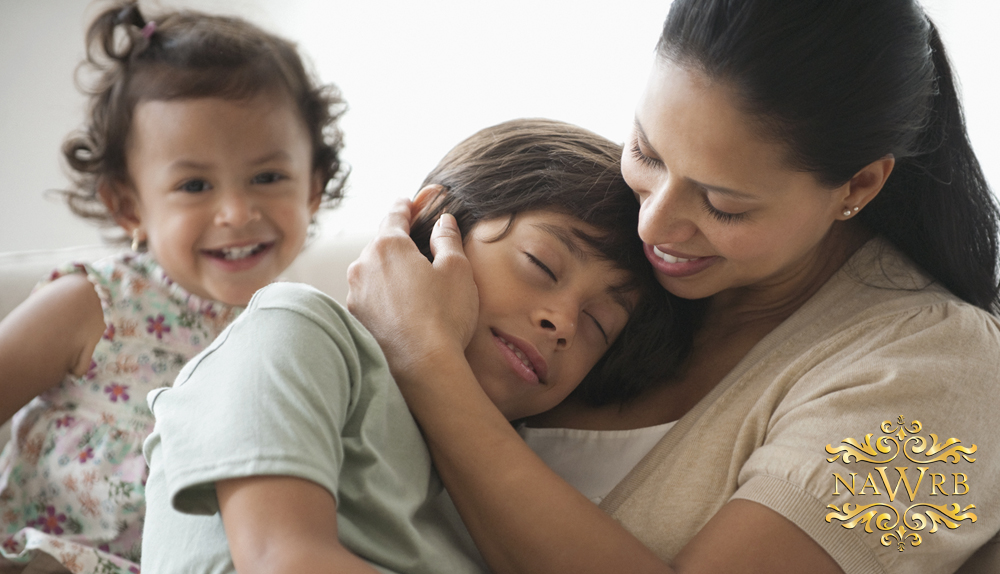As we think of the recent crisis at the South Texas border with children separated from their parents, first and foremost, the policy’s immediate impact comes to mind. A child’s primary bond is with his or her parent. To anyone who understands that bond no analysis is needed to comprehend negative implications.
Although the policy of separating children from their parents charged with illegal border crossing has since been rolled back, as of now, those children who have already removed from their parents remain apart from them.
We move from thinking of the initial short-term impact to the unknown but perhaps longer lasting effect of these separations and the potential for them to exacerbate the very problem they purport to solve.
When children are negatively impacted, many of them grow up to become adults who struggle with positively fitting into society. Whether or not these children remain in the U.S. or return to their first homes, wherever they end up as adults is a matter of importance to us as a country.
These children could grow up to perpetuate the very violence, poverty or economic hardship from which they escaped—potentially leading to more people seeking asylum or better opportunities in the U.S. Unfortunately; they might not reach their full potential.
We know from our research, women, particularly single women, face many obstacles in securing financial stability, moving up the corporate ladder and achieving homeownership. In thinking of these children, removed from their parents, we wonder how many of them are children of a single mother.
Social scientist and author Bella DePaulo has studied single women extensively. “Many single mothers are not raising their children single-handedly,” she tells NAWRB. “Instead, they have a network of friends and family who are there for their kids and them. Those networks can take years to develop. Sometimes they are the culmination of a lifetime of nurturing these caring relationships.”
And it’s not only the emotional aspects of a child’s development that are of concern. Marsha Griffin, a pediatrician who has spent over ten years working with children at the South Texas border and is Co-Chair of the American Academy of Pediatrics interest group on immigrant health, is very concerned about the health of children separated from their parents.
In a visit to one of the Border Patrol facilities in December 2017, she witnessed young boys of about ten years of age crying and in emotional distress from being pulled apart from their mothers and placed in adjacent holding pens.
Recently, Dr. Griffin told Texas Monthly that the previous norm had been to separate children for a minimum of 72 hours. However, even a separation of that duration, without the child having appropriate support (for instance, a child specialist tasked with helping to keep the children calm) can cause irreparable harm such as the triggering of stress hormones causing changes in brain structure, obesity and even certain cancers.
Current press coverage of child separation at the border has struck a chord with the American public. A San Francisco-based couple and former Facebook employees Charlotte and Dave Willner launched a Facebook Fundraisers campaign reaching $10 million over five days. They initially asked for $1,500.
The fund supports RAICES, the largest nonprofit providing legal services at little or no cost for immigrants and refugees in Texas. At the time of this writing, the fund has reached over $ 19 million.
To leave her extended network for a host of the unknown, the single mother must have compelling reasons. The threat of separation may not be enough of a deterrent for people seeking a better life for their children. A mother’s willingness to do what she thinks is best for her child cannot be underestimated.

 Login
Login

